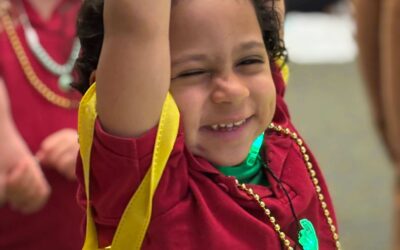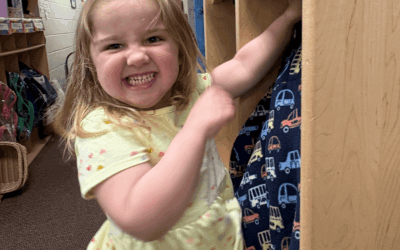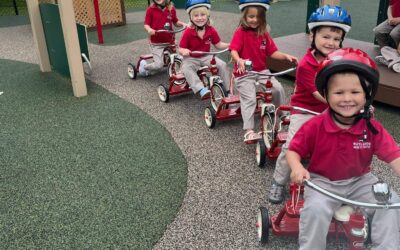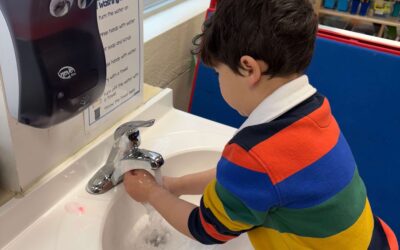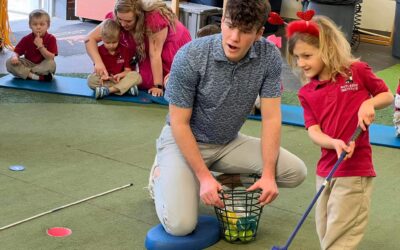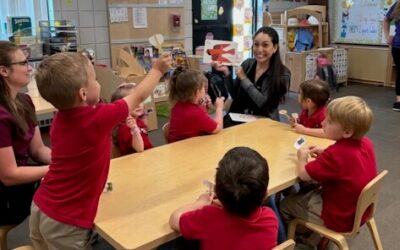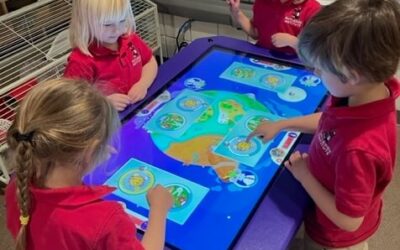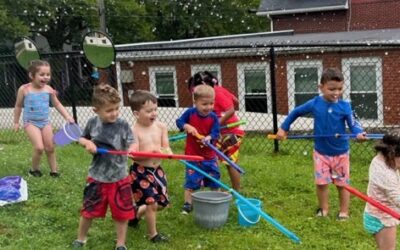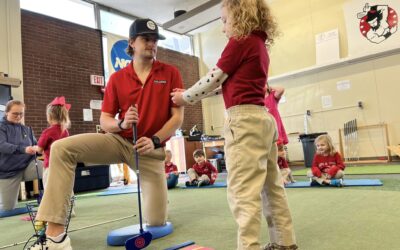Pretend play is a vital part of early childhood development. It allows children to explore their imaginations, develop social skills, and learn about the world around them. Let’s discuss the importance of pretend play and how it can benefit your child’s development.
What is Pretend Play?
Pretend play is when children use their imaginations to act out real-life scenarios or create imaginary ones. This can involve using props, such as dolls, toy cars, and building blocks, or simply using their bodies to pretend to be different characters.
Benefits of Pretend Play
There are many benefits to pretend play, including:
- Developing social skills: Pretend play helps children develop social skills, such as taking turns, sharing, and cooperating with others.
- Developing language skills: Pretend play helps children develop their language skills, as they use words to describe their actions and the actions of others.
- Developing cognitive skills: Pretend play helps children develop their cognitive skills, such as problem-solving, creativity, and imagination.
- Developing emotional skills: Pretend play helps children to develop their emotional skills, as they can act out different emotions and learn how to manage them.
- Developing physical skills: Pretend play helps children to develop their physical skills, such as coordination and balance.
How to Encourage Pretend Play
There are many ways to encourage pretend play. Here are a few tips:
- Provide your child with a variety of props. This could include dolls, toy cars, building blocks, dress-up clothes, and more.
- Set up a play area in your home. This could be a designated space where your child can play pretend.
- Play pretend with your child. This is a great way to bond with your child and show them how much fun pretend play can be.
- Encourage your child to use their imagination. Ask them questions like, “What would you like to be today?” or “What story are you telling?”
How We Encourage Pretend Play at The Village and The Rutledge Institute
- Dramatic play centers in all the classrooms: These centers include materials like child-size household furniture (stoves, sinks, refrigerators, couches, tables and chairs), pretend food and dishes, costumes/clothes/purses/shoes/hats, baby dolls and baby accessories like bottles, carriers, cribs, clothes, pretend stationary cars to take them wherever their imagination would like them to go.
- Encouraging pretend play through music and dance: The children love these opportunities to pretend to be different animals, characters, etc. Some of our favorite songs are “We Are the Dinosaurs,” “Sleeping Bunnies,” “The Wiggle Dance,” and “Going on a Bear Hunt.”
- Teacher interaction and conversation: We interact with the children while they are engaging in pretend play. We ask questions, engage in thoughtful conversations, become a character in their story, and enjoy becoming a part of their fun!
Pretend play is an important part of early childhood development. By encouraging your child to play pretend, you can help them develop important social, emotional, cognitive, and physical skills.


